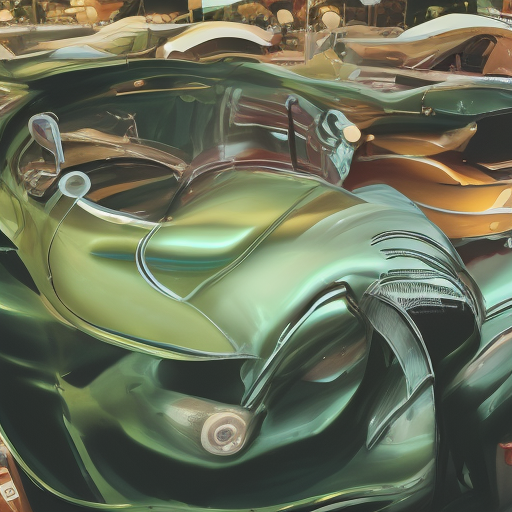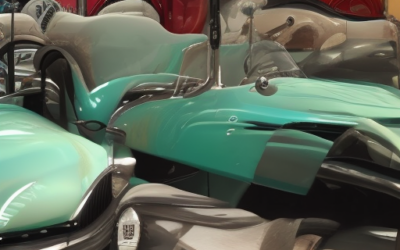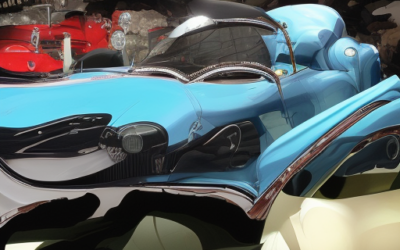Finding Local Vintage Car Spots: A Guide for Classic Car Enthusiasts
I. Introduction
Welcome to our guide on finding local vintage car spots! If you’re a classic car enthusiast, then you know how important it is to have access to a variety of vintage vehicles to choose from when looking to add to your collection. In this guide, we’ll walk you through the process of researching and evaluating potential vintage car spots in your area, as well as provide tips on making contact and arranging a viewing. Whether you’re a seasoned collector or just starting out, this guide will help you find the perfect vintage car to suit your needs and budget. So let’s get started!
II. Researching Local Vintage Car Spots
A. Online resources
III. Evaluating Potential Vintage Car Spots
A. Condition and authenticity of the cars
IV. Making Contact and Arranging a Viewing
Once you have found potential vintage car spots through research, it’s time to make contact and arrange a viewing. This can seem daunting at first, but with a little preparation and follow-up, you can ensure a smooth transaction. Here are some steps to take when making contact and arranging a viewing:
1. Choose a communication method: Depending on the seller’s preference, you may want to reach out via phone call, email, or text message. Be sure to introduce yourself and explain why you are interested in the vehicle.
2. Send a formal inquiry: Once you have made contact, send a formal inquiry about the vehicle. Include details such as the make, model, year, and any specific features you are interested in. Request additional photos or videos if available.
3. Schedule a viewing or test drive: Based on the seller’s availability, schedule a time to view the vehicle in person or take it for a test drive. Be sure to confirm the date, time, and location in advance.
4. Bring a trusted mechanic or appraiser: It’s always a good idea to bring along someone who knows cars to inspect the vehicle and provide an independent opinion. They can also help you identify any issues that may need to be addressed before purchasing.
5. Prepare your questions: Before arriving at the viewing, prepare a list of questions to ask the seller. This can include anything from the history of the vehicle to its current condition and any restoration work that has been done.
6. Negotiate the sale and finalize the transaction: During the viewing, you can negotiate the sale price and discuss payment options and terms. Be sure to get everything in writing to avoid any misunderstandings later on. Finally, transfer ownership and registration, and make transportation arrangements if necessary.
V. Negotiating the Sale and Finalizing the Transaction
In the world of vintage cars, negotiation is a crucial step in the process of acquiring a classic automobile. It is important to approach this stage with caution and patience, as it can make or break the deal. Here are some key points to keep in mind when negotiating the sale and finalizing the transaction:
1. Set a fair price: When negotiating the sale of a vintage car, it is essential to establish a fair and reasonable price based on its condition, rarity, and historical significance. Research current market values and take into account any unique features or attributes of the specific vehicle.
2. Payment options and terms: Discuss payment options and terms with the seller beforehand. This may include cash, check, wire transfer, or even a combination of these methods. Be sure to clarify the payment schedule and any associated fees or charges.
3. Transferring ownership and registration: Once the sale is finalized, it is important to transfer ownership and register the vehicle in your name. This typically involves filling out paperwork at the Department of Motor Vehicles (DMV) or equivalent government agency, as well as paying any applicable taxes or fees.
4. Transportation arrangements: Depending on the location of the seller and the buyer, transportation arrangements may need to be made. This may involve hiring a professional shipper or coordinating pickup and delivery through a third-party service.
5. Insurance: Before taking possession of the vehicle, it is advisable to obtain insurance coverage. This will protect both the buyer and seller in case of accidents or damages during the transportation process.
6. Closing the deal: Once all details have been ironed out and agreed upon by both parties, the transaction can be officially closed. The buyer should receive all necessary documentation and keys, while the seller should receive payment in full.
VI. Aftercare and Maintenance
Once you have purchased your dream vintage car, it’s important to take proper care of it to ensure its longevity and maintain its value. Here are some aftercare and maintenance tips for classic car enthusiasts:
Regular Maintenance and Servicing: Make sure to schedule regular maintenance appointments with a qualified mechanic who specializes in vintage cars. This includes oil changes, tune-ups, and any necessary repairs to keep the engine running smoothly.
Storage and Preservation Tips: Proper storage is crucial for preserving the condition of your vintage car. Keep it in a dry, well-ventilated area away from direct sunlight and moisture. Consider investing in a cover or storing it in a climate-controlled environment if possible.
Networking with Other Classic Car Enthusiasts: Joining local classic car clubs and attending events can be a great way to connect with other enthusiasts who share your passion for vintage cars. Not only can they provide valuable advice on aftercare and maintenance, but they may also have leads on rare or hard-to-find parts or services.
VII. Conclusion
In conclusion, finding the right local vintage car spot can be a rewarding experience for classic car enthusiasts. By researching online resources, social media platforms, and attending local classic car events, you can discover hidden gems and connect with fellow collectors. When evaluating potential vintage car spots, it’s important to consider factors such as condition, authenticity, reputation, availability of parts and services, and pricing. Communication, negotiation, and aftercare are key elements in making a successful transaction. Remember to network with other enthusiasts and share your own experiences and recommendations. Happy hunting!




